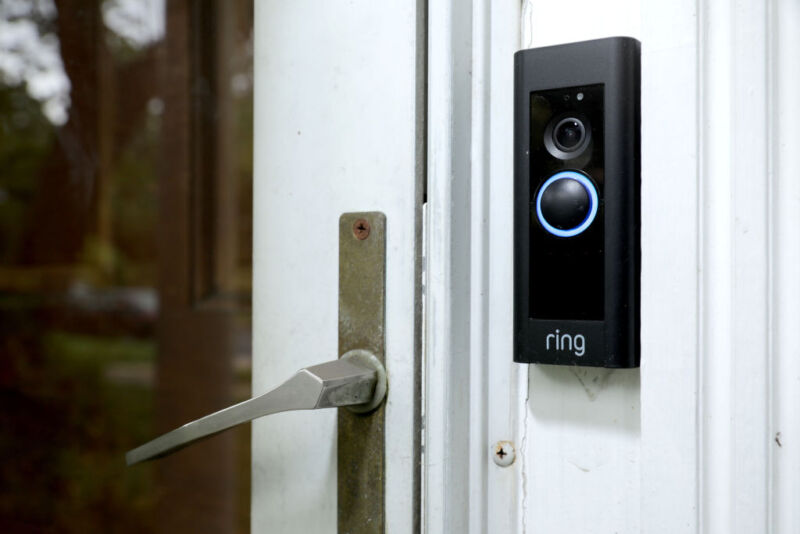Taken together, this means
the primary digital threat for people who take abortion pills is the actual evidence of intention stored on your phone, in the form of texts, emails, and search/web history.
Cynthia Conti-Cook’s incredible article “
Surveilling the Digital Abortion Diary
details what we know now about how digital evidence has been used to prosecute women who have been pregnant. That evidence includes search engine history, as in the case of the prosecution of Latice Fisher in Mississippi. As Conti-Cook says, Ms. Fisher “conduct[ed] internet searches, including how to induce a miscarriage, ‘buy abortion pills, mifepristone online, misoprostol online,’ and ‘buy misoprostol abortion pill online,'” and then purchased misoprostol online. Those searches were the evidence that she intentionally induced a miscarriage. Text messages are also often used in prosecutions, as they were in the prosecution of Purvi Patel, also discussed in Conti-Cook’s article.
These examples are why advice from reproductive access experts like Kate Bertash focuses on securing text messages (use Signal and auto-set messages to disappear) and securing search queries (use a privacy-focused web browser, and use DuckDuckGo or turn Google search history off). After someone alerts police, digital evidence has been used to corroborate or show intent. But so far, we have not seen digital evidence be a first port of call for prosecutors or cops looking for people who may have self-managed an abortion. We can be vigilant in looking for any indications that this policing practice may change, but we can also be careful to ensure we’re focusing on mitigating the risks we know are indeed already being used to prosecute abortion-seekers.
[…]
As we’ve discussed above, just tracking your period doesn’t necessarily put you at additional risk of prosecution, and would only be relevant should you both become (or be suspected of becoming) pregnant, and then become the target of an investigation. Period tracking is also extremely useful if you need to determine how pregnant you might be, especially if you need to evaluate the relative access and legal risks for your abortion options.
It’s important to remember that if an investigation occurs, information from period trackers is probably less legally relevant than other information from your phone.
 chevron_right
chevron_right






